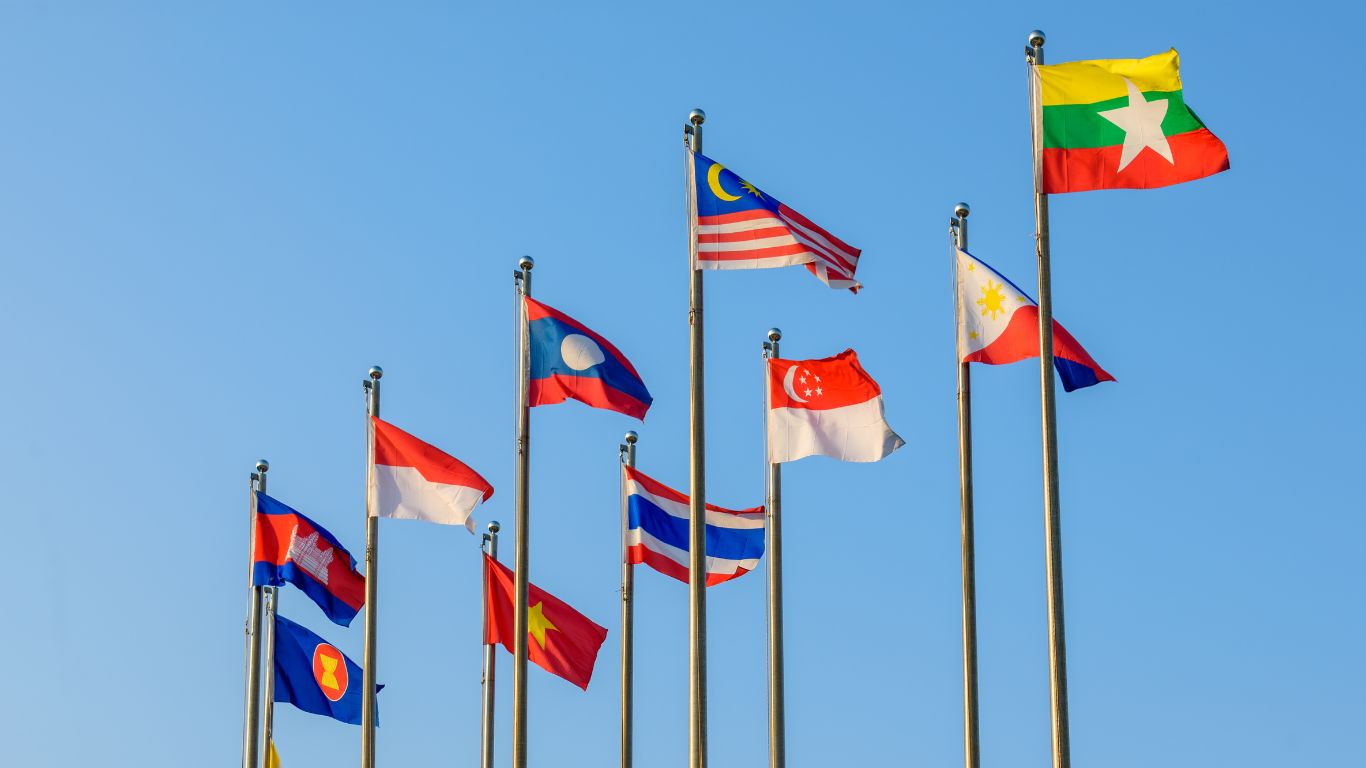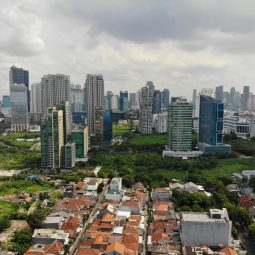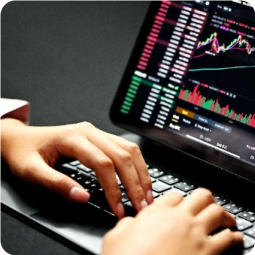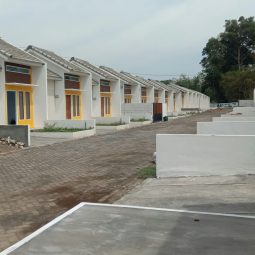
The Future of ASEAN: Building Economic Resilience Through Regional Trade
When former U.S. President Donald Trump returned to the White House and unleashed a new wave of aggressive tariffs in 2025, it wasn’t just another geopolitical headline.

When former U.S. President Donald Trump returned to the White House and unleashed a new wave of aggressive tariffs in 2025, it wasn’t just another geopolitical headline.

Market cap is often used as an initial indicator to assess a company’s stability, growth potential, and risk profile. Company size generally correlates with its risk-return characteristics, capital structure, and resilience to economic shocks. Investors and business partners see market cap as a benchmark of a company’s strength and position within its industry.

Fiscal policy was first introduced by John Maynard Keynes, and became widely adopted globally following the Great Depression after World War I in 1929. According to Keynes, the government has the right—and obligation—to manage national income and expenditure by setting taxes and creating policies to support macroeconomic stability.

Gross Domestic Product (GDP) is the total value of all final goods and services produced by a country within a specific time period, usually one year. Academically, GDP used as the main indicator to measure a country’s economic performance because it reflects the level of production and overall economic activity.

Indonesia is now facing a 32% tariff that affects strategic sectors such as textiles, footwear, electronics, rubber, and palm oil, industries that provide employment for a significant portion of the population.

For developing countries like Indonesia, participation in global trade opens significant opportunities for economic growth and job creation. However, this openness also presents challenges, ranging from global market fluctuations to the impacts of foreign (partner country) policies. Therefore, a deep understanding of international trade dynamics is crucial for formulating resilient and adaptive economic strategies.

Micro, Small, and Medium Enterprises (MSMEs) play an important role in the Indonesian economy, both in creating jobs and driving economic growth.
However, MSMEs also face various challenges and uncertainties that can threaten their business continuity, one of which is risk. Risk can arise from various aspects, such as finance, operations, market competition, regulatory changes, and technological threats.

The primary benefit of corporate portfolio diversification is financial stability. This means that if one business line declines, another can support the company, reducing financial risks.

Demand is the quantity of certain goods and services that are requested (purchased) at various possible price levels and within a certain period. Meanwhile, supply refers to goods or services that are offered (sold) at a certain quantity and price level and under specific conditions.

Tax planning is one of the important aspects of financial management for both companies and individuals. This is because taxes have a significant impact on cash flow, profitability, and long-term financial strategies.













